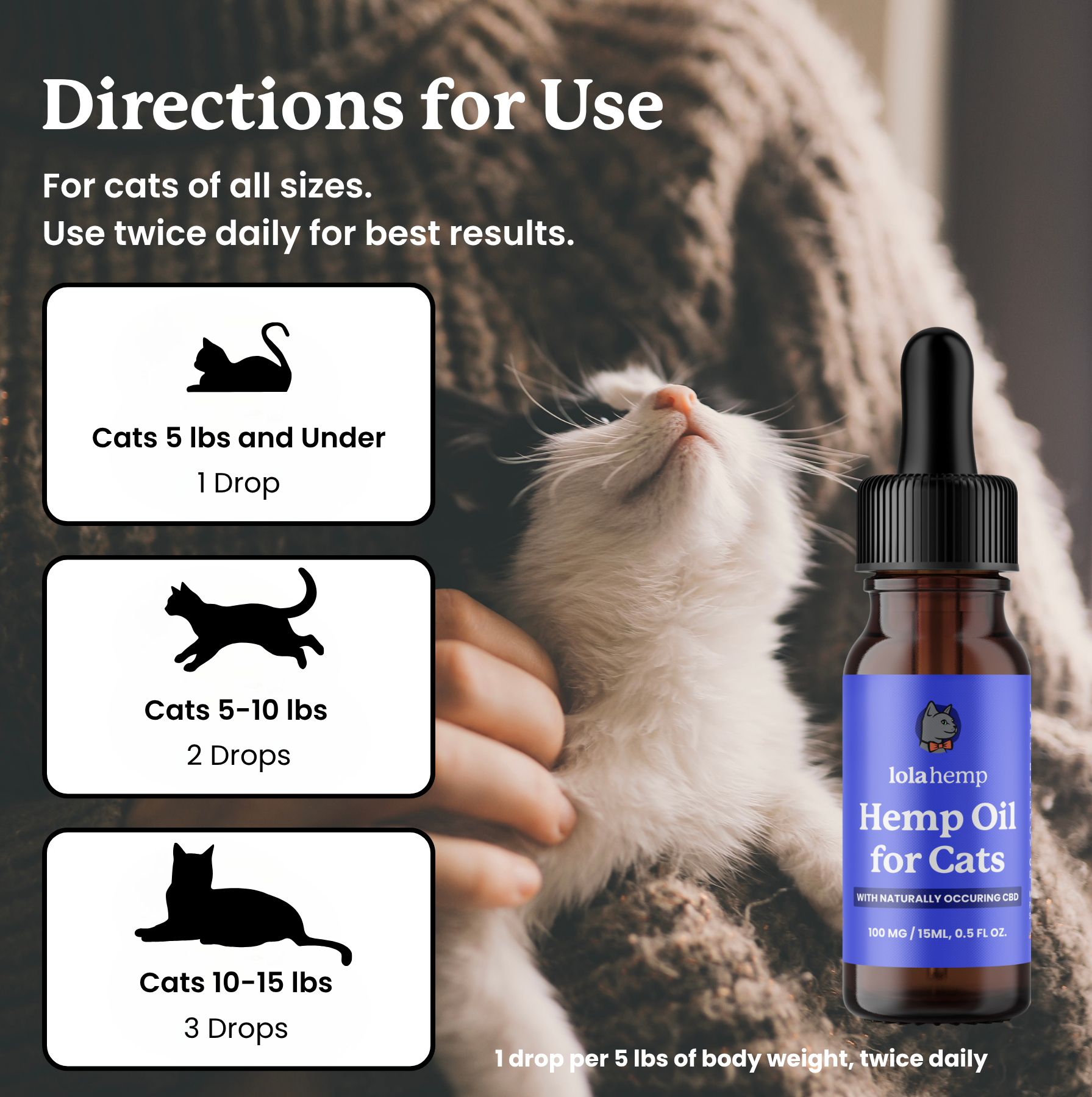Deciding when to euthanize a cat with seizures is a deeply personal and difficult choice, often made when the cat's quality of life has significantly declined despite medical treatment.
This is not an easy decision, and it's one that you should make with the help of your veterinarian. If your cat is constantly disoriented and in discomfort, it's an option to consider for their sake.
If your cat is relatively well but experiences frequent seizures, you can explore alternative options that could reduce the frequency and severity of seizures in cats, thereby improving your cat's quality of life.
Assessing Your Epileptic Cat's Quality of Life
How do your cat's seizures impact their quality of life, and what is the level of discomfort that your cat is in?
The presence of frequent seizures isn't necessarily a reason to consider euthanasia unless it's clear that your cat has lost a good quality of life. If your cat is generally happy otherwise and doesn't seem to be suffering greatly from their seizures, maintain hope for your feline family member and try alternative medications or remedies until you find something that works.
How does your cat respond to their medication? Does the medication impact their quality of life, and does it reduce seizure activity at all?
Think about whether your current treatment plan is adding additional negative side effects without significant benefits. If you're going down the wrong path of treatment for your cat's seizures, refresh the approach with your vet and consider a different route.
If your cat is living in debilitating pain or distress, euthanasia is something to seriously consider. While it's almost unimaginable to put your pet to sleep before their rightful time, it's worse to imagine them constantly suffering.
Consider all of these things and discuss them with your veterinarian, and research alternative medications or options that you haven't tried.
Alternative Solutions to Explore Before Making Decisions
Several alternative treatments may help improve the quality of life for cats with seizures and potentially reduce the frequency or severity of episodes. While these options should always be discussed with your veterinarian, some common alternative therapies include:
- CBD Oil: Some studies suggest that cannabidiol (CBD) may help reduce seizure frequency in both humans and animals by promoting relaxation and reducing inflammation. Always use pet-safe products and consult with your vet.
- Dietary Changes: Certain diets, like ketogenic diets, are thought to help control seizures in some cats. These diets are high in fats and low in carbohydrates, which may affect how the brain processes energy.
- Acupuncture: Some owners report positive results with acupuncture, which may help manage pain and stress that could contribute to seizures. It’s important to seek a licensed practitioner experienced with animals.
- Herbal Supplements: Herbs like valerian root, chamomile, and skullcap are sometimes used to calm the nervous system and reduce seizure activity. Always consult with a veterinarian before introducing any herbs.
These treatments should be considered as complementary to conventional seizure medications, and it’s important to work closely with your vet to tailor a plan specific to your cat’s needs.
How to Care for Cat With Seizures
Caring for a cat with seizures is all about staying calm and being prepared. First, keep track of your cat’s seizures—how often they happen, how long they last, and any patterns you notice. This info is super helpful for your vet to adjust treatment.
During a seizure, it’s important to make sure your cat is in a safe place, away from anything they could hurt themselves on. You don’t need to try to stop the seizure, but just keep them safe and let it run its course.
Once the seizure is over, your cat might be disoriented or tired. Give them a quiet space to recover and some water to drink when they’re ready. Just be there to comfort them and help them settle back down.
Finally, always follow your vet's instructions for medication, and never change the dose without asking. Consistency is key to managing the condition and helping your cat feel their best.
Conclusion
Deciding whether to put an epileptic cat to sleep is one of the most heartbreaking choices a pet owner can face. While many cats with epilepsy can live comfortable lives with proper treatment, some may experience frequent, severe seizures that significantly impact their well-being. When seizures become uncontrollable, cause extreme distress, or lead to a poor quality of life despite medical intervention, euthanasia may be the kindest option.
Every case is unique, and the decision should be made with careful consideration alongside a trusted veterinarian. Assessing factors like pain, frequency of seizures, recovery time, and overall daily comfort can help guide the choice. While it’s never an easy decision, ensuring a cat’s final moments are peaceful and free from suffering is an act of love and compassion.
Frequently Asked Questions About Putting Down a Cat With Seizures
How do I know when it's time to put down a cat with seizures?
It may be time to consider euthanasia if seizures are frequent, severe, uncontrollable, or causing significant distress, pain, or loss of quality of life despite treatment.
Can a cat with seizures still live a good life?
Yes, many cats with seizures live comfortably with proper medication and monitoring. If they remain happy, active, and responsive between episodes, euthanasia may not be necessary.
Are frequent seizures alone a reason to euthanize a cat?
No, frequent seizures alone are not always a reason for euthanasia. The decision depends on overall quality of life, response to treatment, and whether the cat is suffering.
What should I discuss with my vet before deciding on euthanasia?
Discuss seizure frequency, severity, medication effectiveness, side effects, pain levels, daily behavior, and your cat’s long-term outlook with your veterinarian.
Is euthanasia painful for cats?
No, euthanasia is a peaceful and painless procedure performed to ensure a calm, gentle passing when a cat is suffering.









